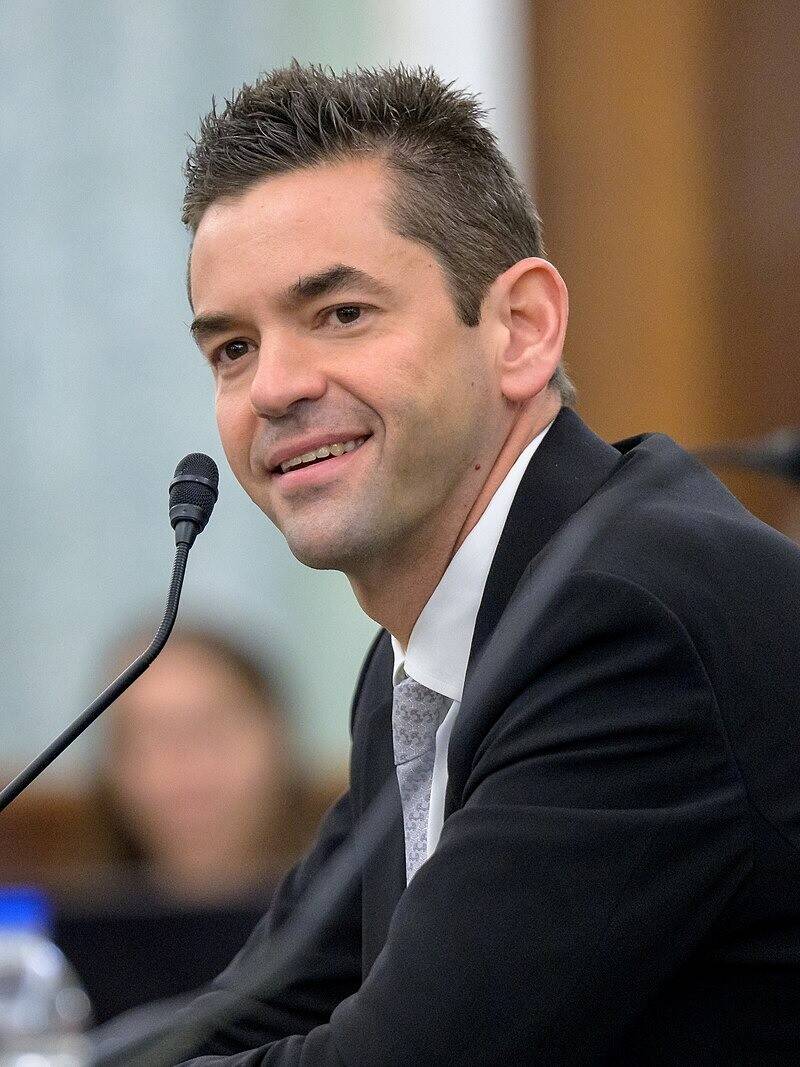American President Donald Trump has walked back his previous support for Jared Isaacman as NASA administrator, stating it would have been “inappropriate” for Isaacman to lead the space agency due to his connections with Elon Musk and his political donation history. The reversal comes weeks after Trump formally withdrew Isaacman’s nomination and amid lingering uncertainty over who will ultimately take the helm at NASA.

Jared Isaacman, President Donald Trump’s nominee to be the next administrator of NASA, appears before the Senate Committee on Commerce, Science, and Transportation, Wednesday, April 9, 2025. Credit:NASA Headquarters / NASA/Bill Ingalls
In a post shared July 6 on Truth Social, the Trump-aligned social media platform, the former president sharply criticized Musk’s recent political activities—including the tech billionaire's announcement to launch a new political party in response to the latest budget reconciliation bill. Trump’s post turned to the issue of NASA leadership, directly implicating Musk in what he characterized as an improper recommendation.
“Elon asked that one of his close friends run NASA and, while I thought his friend was very good, I was surprised to learn that he was a blue-blooded Democrat, who had never contributed to a Republican before,” Trump wrote. However, that claim was factually incorrect. Public records show Isaacman has made contributions to Republican candidates, including Rep. Sam Graves (R-Mo.), chair of the House Transportation Committee. Nonetheless, more recent donations, particularly during the 2024 election cycle, have gone to Democratic candidates and organizations—details that likely emerged during the vetting process.
Isaacman, a billionaire entrepreneur and private astronaut who has flown two missions aboard SpaceX spacecraft, was nominated by Trump in December 2024. At the time, Trump praised Isaacman’s deep experience in the commercial space sector, calling him the ideal person to lead NASA into “a bold new era.”
But just months later, the narrative has changed. “I also thought it inappropriate that a very close friend of Elon, who was in the Space Business, run NASA, when NASA is such a big part of Elon’s corporate life,” Trump said in his recent post, expressing concerns about potential conflicts of interest.
Yet during his Senate confirmation process, Isaacman pushed back against such claims. He insisted he does not maintain a close personal relationship with Musk, calling their interactions “professional.” He also denied any suggestion that Musk had lobbied on his behalf for the NASA post, stating that his only discussions were with the Trump transition team.
Trump’s decision to highlight Isaacman’s relationship with Musk mirrors concerns raised by Democratic lawmakers during the confirmation hearings. The senators had flagged the optics of appointing someone with close operational ties to SpaceX—a company that frequently partners with NASA—to lead the agency itself.
Despite withdrawing Isaacman’s nomination on May 31, Trump has yet to name a replacement. He said at the time that a new nominee would be announced “soon” and would be “mission aligned,” but no announcement has followed in the more than five weeks since.
During a NASA town hall on June 25, Brian Hughes, a political appointee serving as NASA’s chief of staff, offered a sobering timeline. He told employees that the nomination and confirmation process could take six to nine months, though it might be expedited if the administration prioritizes the appointment.
Until then, NASA will continue under the interim leadership of Janet Petro, director of Kennedy Space Center, who has served as acting administrator since January 20. “I want you to know that I will continue to lead NASA until a new leader is installed, and I take that responsibility to heart,” Petro reassured staff during the town hall.
The delay in appointing permanent leadership comes at a pivotal time for the agency, which is preparing for a wave of upcoming missions—including Artemis crewed flights to the Moon, partnerships with private space companies, and the development of next-generation science programs.


Add comment
Comments